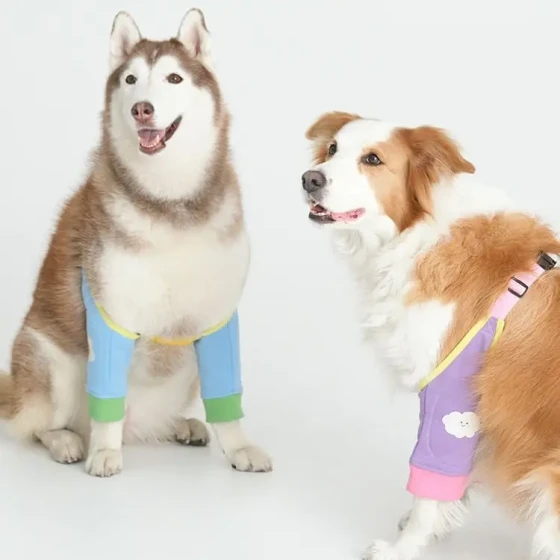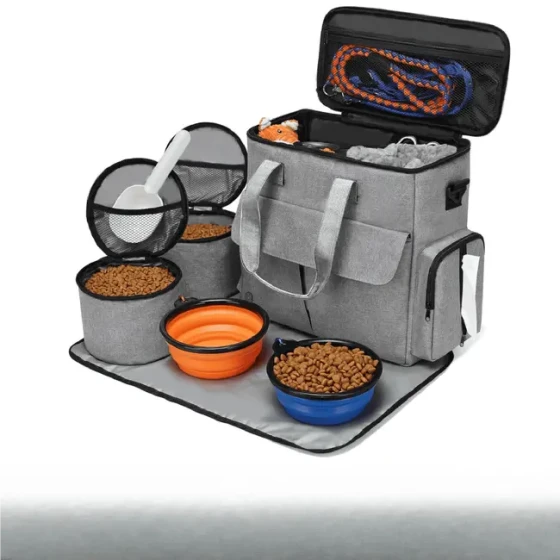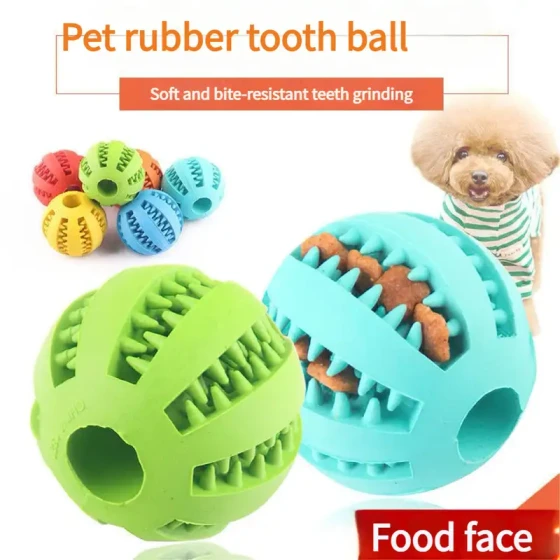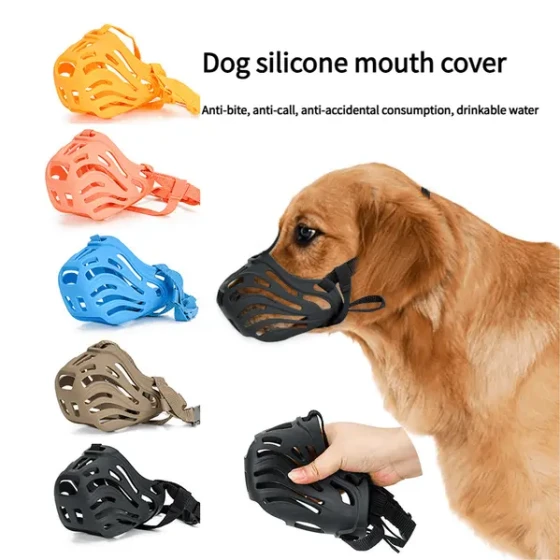Causes and Solutions for Abnormal Dog Flatulence
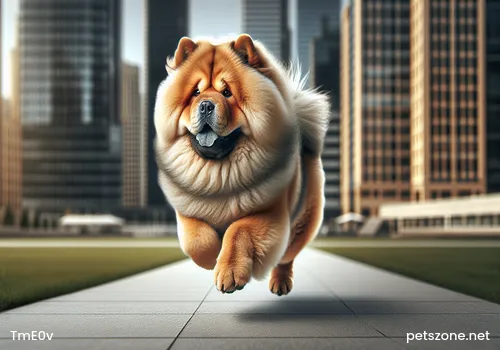
Samoyed
Dogs normally release gas made up of methane, carbon dioxide, oxygen, nitrogen, and hydrogen. The gases produced by the intestinal flora and extra gases from food digestion are usually expelled through the dog's anus unconsciously. Dog flatulence is very common; sometimes the gas is smelly and noisy. So why does dog flatulence smell bad? Is there any explanation?
1. Decoding the Causes of Smelly Dog Flatulence
1. Overeating and Indigestion
Some dogs greedily eat too much dog food, sweets, or cold drinks in one meal. Because dogs do not know how to restrain themselves, they happily eat everything available. This behavior can cause indigestion, so owners need to help dogs control their intake.
2. Poor Quality Dog Food
Each dog suits different dog food because of their digestive adaptability. If you find the new dog food makes your dog frequently produce smelly gas, quickly switch the brand to avoid stomach discomfort.
3. Food is Closely Related
If a dog eats too much meat, excess protein in the digestive tract will be broken down by bacteria into amine substances, causing especially foul-smelling gas. Eating onions, garlic, potatoes, or other foods rich in hydrogen and carbon dioxide can cause the same effect.
4. Related to Dog's Physique
Sometimes smelly gas is closely related to the dog's constitution. Normally, a dog passes gas about ten times a day. Poorer health or severe indigestion shortens the fermentation time of intestinal flora, producing more waste gas than usual.
2. Various Reasons for Dogs Not Passing Gas
1. Poor Anal Development
If your dog hasn't passed gas for a long time, be alert. It may indicate a serious problem such as poor anal development or congenital anal atresia. Medical treatment should be sought if such cases are found.
2. Long-term Holding in Gas
Dogs not passing gas may be holding it in. Long-term retention can be dangerous, causing abdominal bloating and discomfort, so special attention is needed.
3. Factors Preventing Gas Release
Another possibility is the dog cannot release gas, often related to intestinal inflammation, chronic constipation, anal hemorrhoids, intestinal intussusception, or intestinal obstruction. Gas that should be expelled is trapped inside, requiring prompt veterinary treatment.
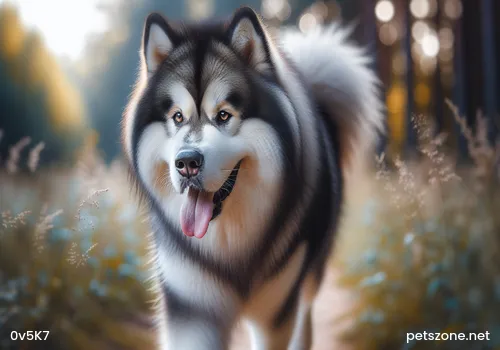
3. Solutions for Dog Smelly Flatulence
1. Plan Each Meal's Quantity
To prevent smelly gas, start with controlling each meal amount to avoid overeating and indigestion. If a dog eats three meals daily, increase breakfast and lunch portions a bit but reduce the dinner amount.
2. Beneficial Gas Reduction
You can give your dog foods helpful in eliminating internal gas, such as yogurt, cheese, probiotics, or cream and cereal bread. However, these should be given in moderation, as excess can cause discomfort.
3. Good Living Habits
Good lifestyle habits greatly benefit a dog's health: ensuring sufficient sleep, taking dogs out for exercise and fresh air to speed up metabolism, or feeding them fiber-rich foods to aid digestion.
When a dog shows abnormal flatulence, do not reject or blame it. Instead, comfort it to keep a happy mood. For dogs with naturally weaker digestion, pay special attention to healthy diet, improve life quality, and strengthen environmental hygiene management.


